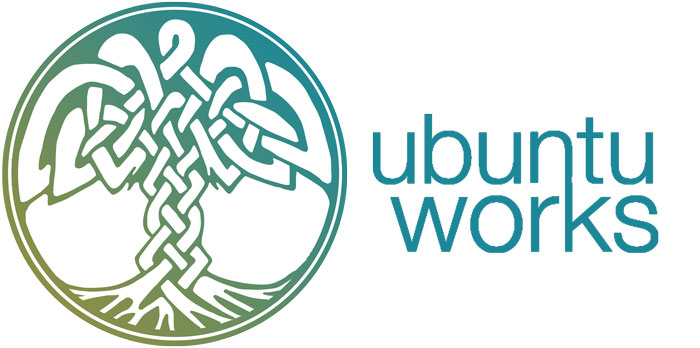Restorative justice, one of the principles of the Unbuntuworks Project, aims to address crime and its impacts in humane ways through rehabilitation, reconciliation, and repair. Instead of viewing a criminal act as a violation, or positioning justice as punishment, restorative justice seeks to create a just outcome through collective work with individuals and communities.
The Ubuntuworks Resource Hub provides organizations and individuals with data, stories, studies and support for a more connected and compassionate world.
What the Restorative Justice Project Does
“The Restorative Justice Project at Impact Justice leads the expansion of restorative justice diversion (RJD) programs across the country through our direct training and technical assistance and the development of our National Training and Innovation Center. We support partners across the country to develop programs that address harms through dialogue among those most impacted, and are held by leaders and organizations in the communities most affected by the criminal legal system. These dialogues include community and family members with a focus on developing a strengths-based plan to repair the harm, encourage accountability, and support those impacted to move forward in a restorative way.
Knowing that referrals to typical diversion programs often replicate the same racial disparities known to plague the criminal legal system overall, our model of restorative justice diversion is explicitly designed to stem this practice. We ensure that offenses and neighborhoods driving the highest number of criminal legal system referrals for youth of color are prioritized for our RJD programs.
Additionally, our model fills the gap in diversion services widely available across the country by ensuring that our model of restorative justice diversion specifically targets high-level misdemeanor and felony offenses where there is an identifiable person(s) harmed. While most justice reform efforts have focused on diversion options for low-level offenses, this can actually lead to an increase in recidivism. Our RJD model is an intensive process designed to address serious harms, which is not appropriate for low-level crimes.
Since 2011, we’ve provided training and technical assistance to sites across the country, with additional sites being added every year. Our National Restorative Justice Diversion cohort includes community-based organizations and leaders from the criminal and juvenile legal systems who are working with us to introduce pre-charge restorative justice diversion programs to meet survivors’ needs without reliance on youth criminalization.”
Visit RJD’s Resources page for more information about restorative justice.
Photo: Tingey Injury Law Firm
